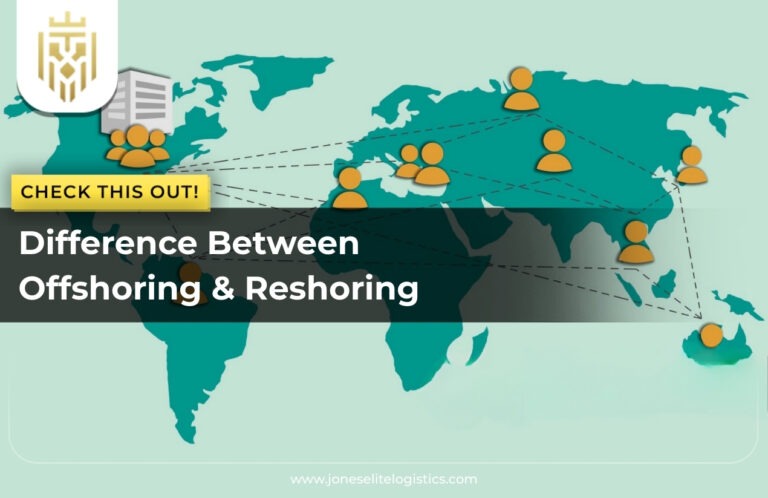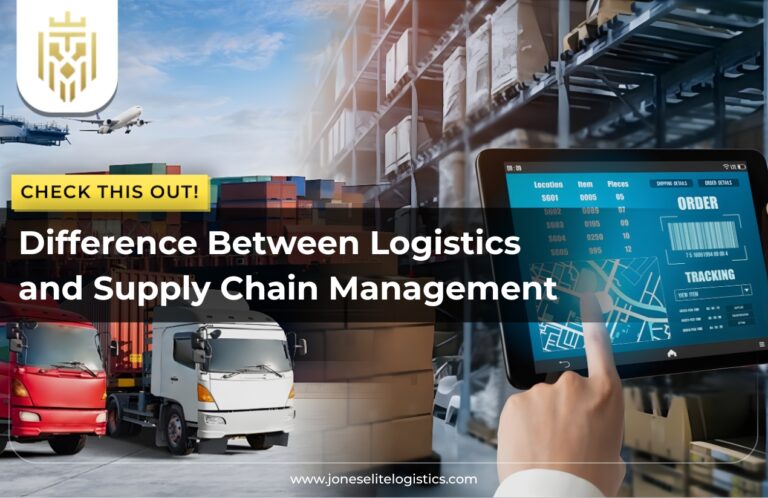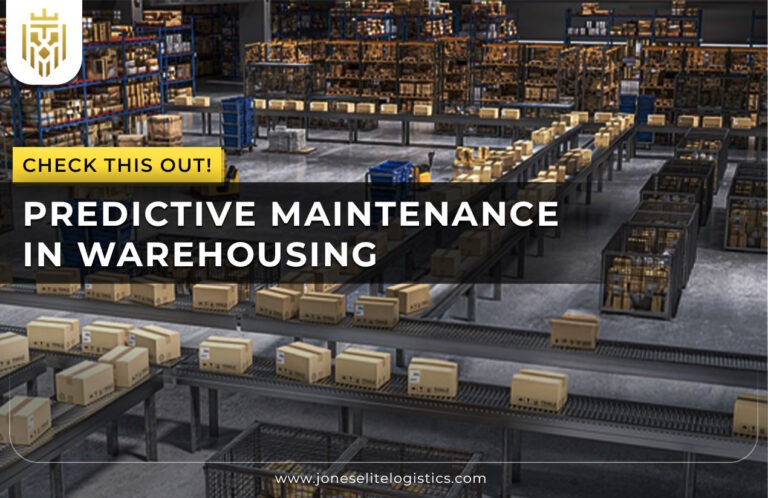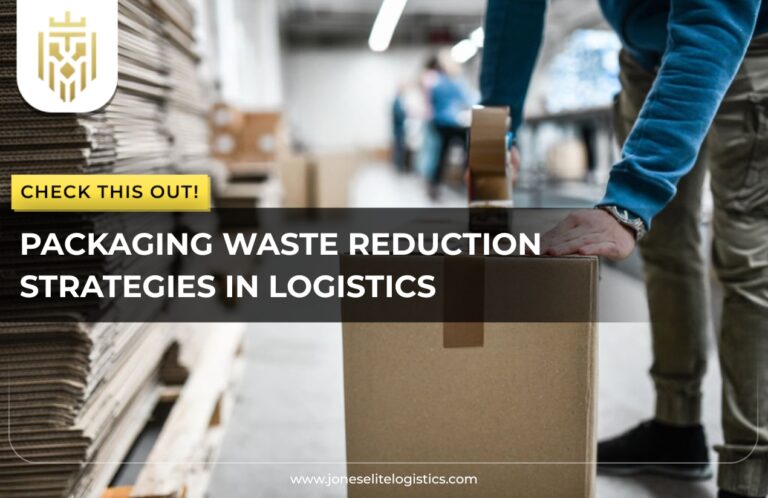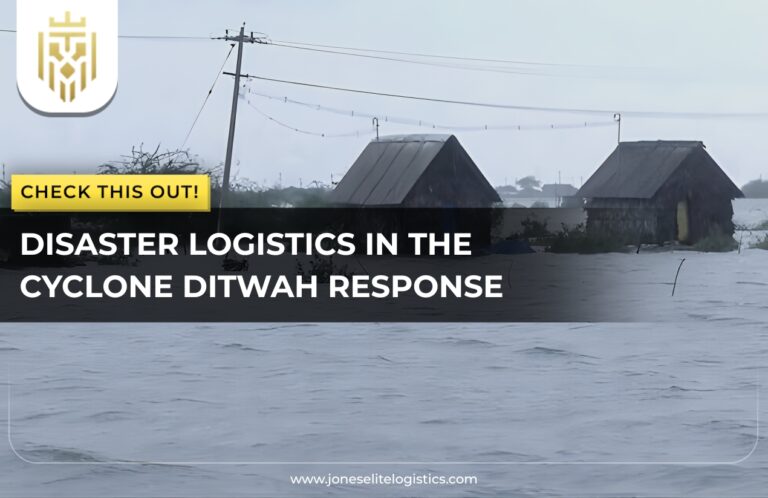What is Pharmaceutical Logistics?
Pharmaceutical logistics involves managing the pharmaceutical supply chain to store, transport, and distribute medicines while adhering to strict regulatory compliance, quality control, and temperature management. Efficient pharmaceutical logistics and supply chain management ensures safe product delivery. The pharmaceutical logistics market plays a critical role in maintaining product integrity and ensuring patient safety across the logistics market size, making it essential for the healthcare industry.

Importance of Logistics in the Pharmaceutical Industry:
The logistics management in pharmaceutical industry is vital for timely, safe medication delivery, preserving product integrity, and enhancing patient outcomes. Effective supply chain management reduces costs, strengthens healthcare infrastructure, and ensures regulatory compliance. As the pharmaceutical logistics market grows, it positively impacts healthcare quality, underlining the essential nature of efficient logistics management.
How does Pharmaceutical Logistics work:
Pharmaceutical Logistics operates by managing the pharmaceutical supply chain through temperature control, quality assurance, and regulatory adherence. Real-time tracking and efficient distribution ensure product safety. Key components of pharmaceutical logistics and supply chain management include scalability, risk management, and compliance, ensuring that the pharmaceutical logistics market meets global healthcare demands with precision.
![]()
Components of Pharmaceutical Logistics:
Key components of pharmaceutical logistics include temperature management, regulatory compliance, and real-time tracking, all vital for ensuring product safety and supply chain efficiency. Effective pharmaceutical logistics and supply chain management requires scalability and robust risk management strategies. As the logistics market size continues to expand, these components become increasingly important for global healthcare delivery.
Selection:
Selecting a pharmaceutical logistics provider requires evaluating their expertise in handling temperature-sensitive products, regulatory compliance, and real-time tracking capabilities. Providers must also offer scalability and risk management to meet growing demands. The pharmaceutical supply chain relies on experienced providers who ensure product safety and efficient global distribution within the pharmaceutical logistics market.
Forecasting:
Accurate forecasting in pharmaceutical logistics leverages data analytics, AI, and cloud-based solutions to predict demand and ensure supply chain efficiency. Predictive models in pharmaceutical logistics and supply chain management help prevent stock shortages and overstocking. As the logistics market size expands, precise forecasting becomes crucial for meeting global pharmaceutical demands.
Procurement:
Procurement in pharmaceutical logistics focuses on ensuring reliable supplier relationships, regulatory compliance, and transparent supply chain management. Data analytics are used to forecast demand and improve efficiency. By incorporating technologies like blockchain, pharmaceutical logistics and supply chain management achieves greater accountability, supporting the growing pharmaceutical logistics market.
Inventory Management:
Effective inventory management in pharmaceutical logistics ensures the availability of medicines, reduces costs, and meets market demands. This core function of pharmaceutical logistics and supply chain management maintains efficient stock control, essential for smooth global distribution. With the logistics market size growing, inventory management becomes increasingly critical for the healthcare sector.
Servicing Customers:
Customer service in pharmaceutical logistics emphasizes routine efficiency, data accuracy, and minimizing shipment errors to boost satisfaction. Streamlining processes in pharmaceutical logistics and supply chain management ensures operational effectiveness, enhancing customer trust. The growing pharmaceutical logistics market depends on meeting high customer expectations through reliable logistics services.

Quality Standards in the Pharmaceutical Logistics Industry:
Quality standards in pharmaceutical logistics involve adherence to Good Manufacturing Practices (GMP), ISO certifications, and Good Distribution Practices (GDP) to maintain product safety and regulatory compliance. These standards are key to the success of pharmaceutical logistics and supply chain management in the expanding pharmaceutical logistics market.
Good Manufacturing Practices (GMP):
Good Manufacturing Practices (GMP) in pharmaceutical logistics ensure consistent product quality through stringent procedures, clean environments, and validated processes. Following GMP guidelines is essential for effective pharmaceutical logistics and supply chain management, supporting product safety and quality within the global pharmaceutical logistics market.

ISO Certification:
ISO certifications in pharmaceutical logistics cover quality management, environmental responsibility, workplace safety, and data security. These certifications, such as ISO 9001 and ISO 14001, enhance pharmaceutical logistics and supply chain management by ensuring high standards across the pharmaceutical logistics market while promoting efficiency and safety.
GDP Certification:
Good Distribution Practice (GDP) certification guarantees the quality of pharmaceutical products throughout distribution. GDP ensures that pharmaceutical logistics follows rigorous standards, reducing errors and increasing trust. These practices are fundamental to pharmaceutical logistics and supply chain management and critical in the growing pharmaceutical logistics market.
WHO Good Distribution Practices:
WHO Good Distribution Practices (GDP) set the minimum standards for maintaining pharmaceutical product quality during storage and transport. Compliance with these standards is essential for pharmaceutical logistics and supply chain management, enhancing trust and ensuring timely delivery within the expanding pharmaceutical logistics market globally.
FAQs
1) What is Pharmaceutical Logistics?
Pharmaceutical logistics involves managing the pharmaceutical supply chain, ensuring safe storage, transportation, and distribution of medicines while maintaining regulatory compliance, quality control, and temperature management to preserve product integrity.
2) What are the Components of Pharmaceutical Logistics?
Components of pharmaceutical logistics include temperature control, regulatory compliance, real-time tracking, risk management, scalability, forecasting, procurement, and inventory management, all ensuring safe and efficient supply chain operations.
3) What are the Quality Standards in the Pharmaceutical Industry?
Pharmaceutical industry quality standards include Good Manufacturing Practices (GMP), ISO certifications, and Good Distribution Practices (GDP), ensuring product safety, regulatory compliance, and consistent product integrity throughout the supply chain.
4) What is the importance of Pharmaceutical Logistics?
Pharmaceutical logistics is essential for ensuring timely, safe delivery of medicines, maintaining product quality, reducing operational costs, improving patient outcomes, and strengthening global healthcare infrastructure through efficient supply chain management.



